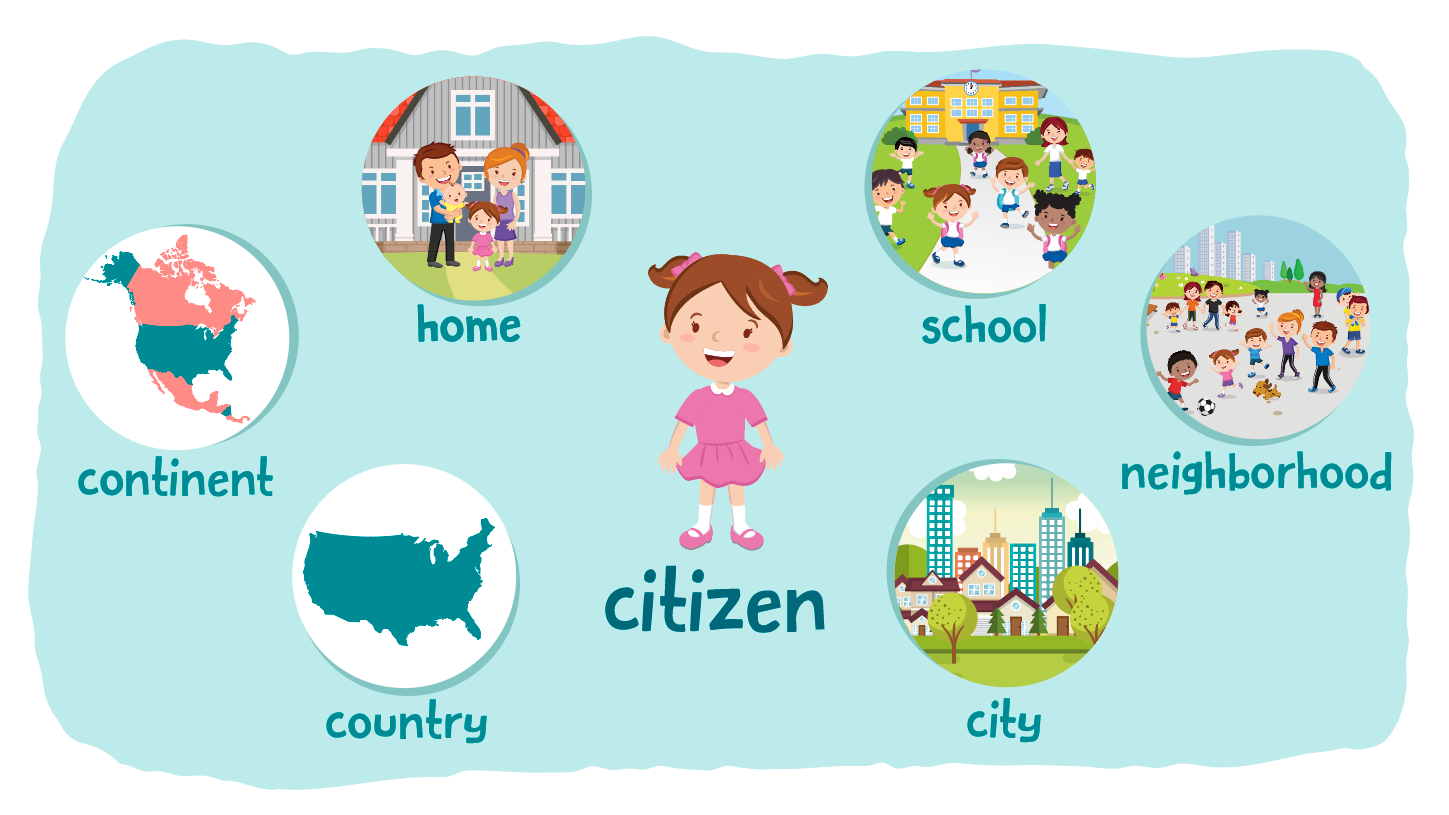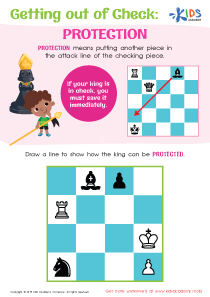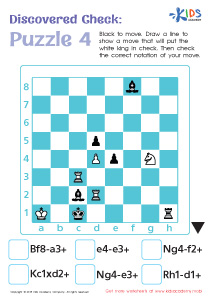Problem-solving abilities Chess Worksheets for Ages 3-7
3 filtered results
-
From - To
Enhance your child's problem-solving skills with our engaging Chess Worksheets designed for ages 3-7! These worksheets introduce essential chess concepts and strategies through playful, interactive activities that nurture critical thinking and decision-making abilities. Children will learn to identify patterns, analyze situations, and develop strategies, all while enjoying the timeless game of chess. Our resources are specially crafted to be age-appropriate, ensuring kids stay motivated and inspired as they build essential cognitive skills. Whether at home or in the classroom, these problem-solving worksheets provide an exciting foundation for future learning. Start your child’s chess journey today and unlock their potential!
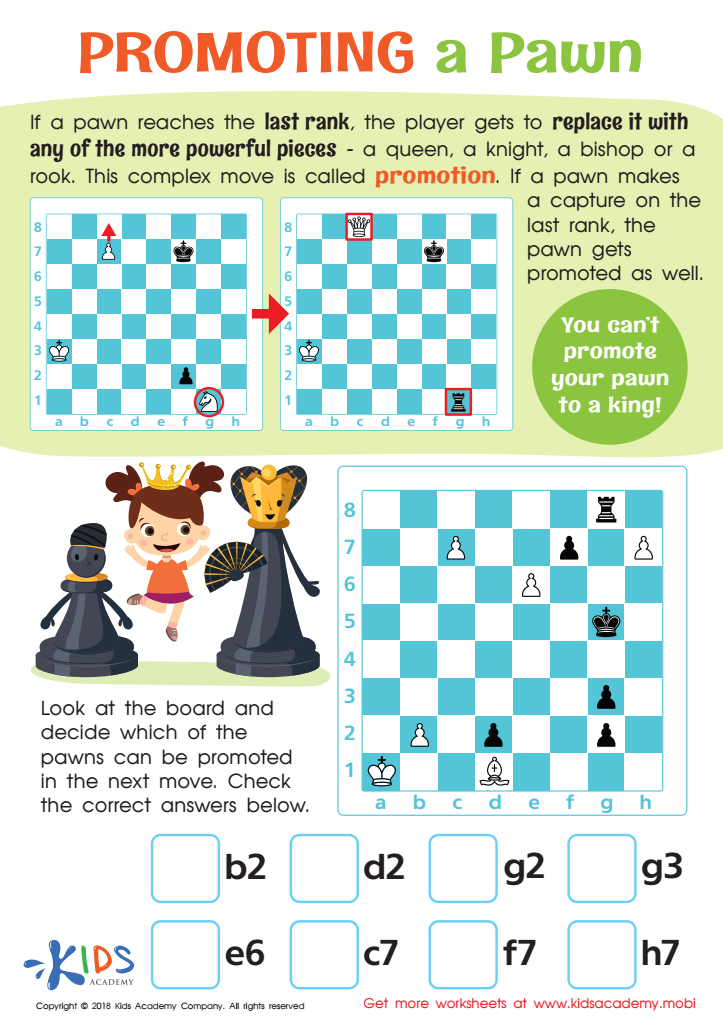

Promoting a Pawn Worksheet
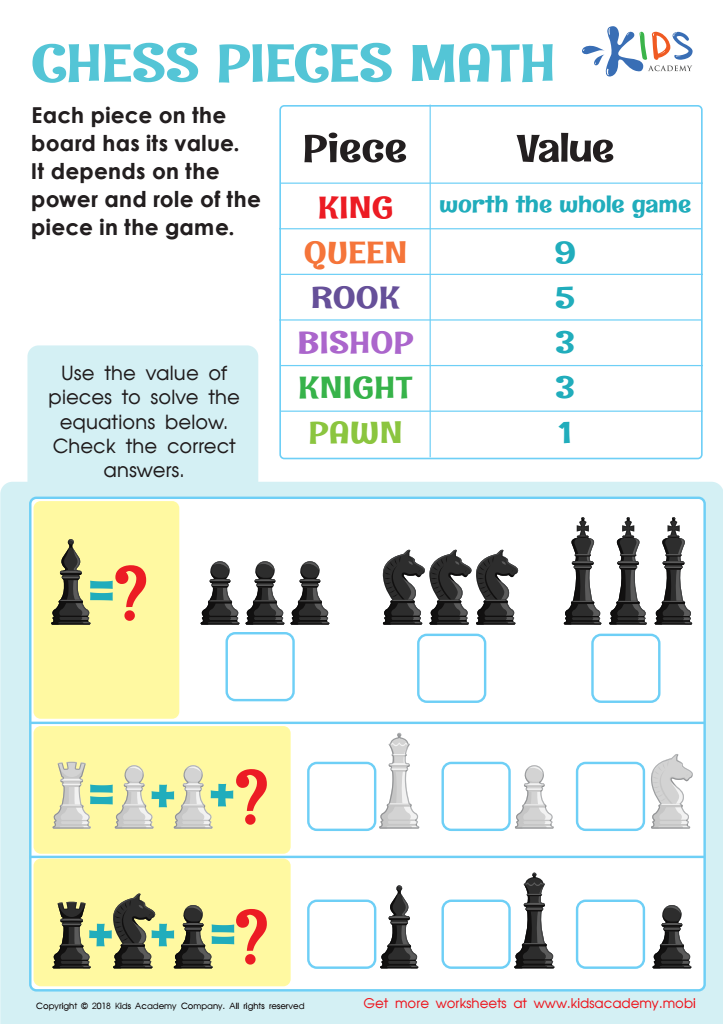

Chess Pieces Math Worksheet
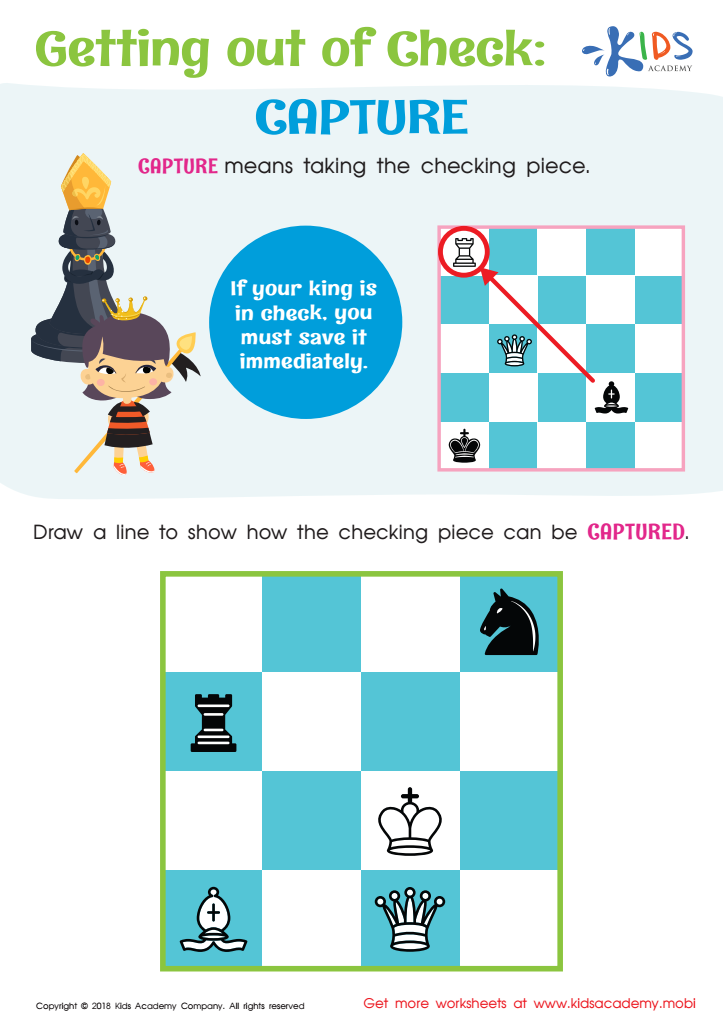

Getting out of Check: Capture
Problem-solving abilities are crucial for children's cognitive development and can be significantly enhanced through chess. For children aged 3-7, an early introduction to chess is more than just a game; it serves as a powerful educational tool. Engaging with chess encourages critical thinking, patience, and strategic planning—skills that are transferrable to various aspects of life and learning.
Chess helps young minds develop the ability to analyze situations, identify possible outcomes, and think ahead to make informed decisions. As children play, they learn to cope with win or loss, fostering resilience and emotional maturity. This early exposure also promotes concentration and focus, which are essential skills for success in school and beyond.
For parents and teachers, cultivating problem-solving abilities through chess can improve children's academic performance and enhance social skills such as teamwork and sportsmanship. Creating a chess-friendly environment can instill a lifelong appreciation for learning and intellectual challenge. Additionally, playing chess can strengthen family bonds, providing an enjoyable way for parents to engage with their children. In all these ways, promoting chess for young children lays the groundwork for enhanced cognitive and social development, making it a valuable endeavor for both educators and parents alike.
 Assign to My Students
Assign to My Students









